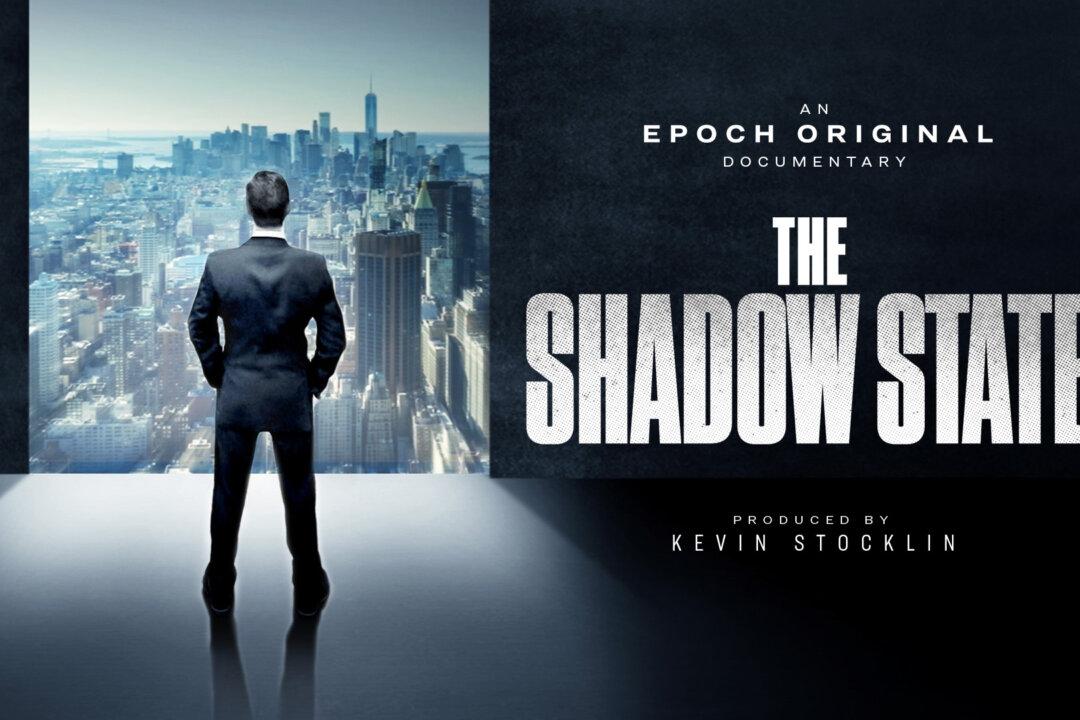The Epoch Times recently hosted a screening of “The Shadow State,” an exclusive documentary describing the Environmental, Social, and Governance (ESG) movement that has become increasingly popular among the most powerful corporate and governmental institutions.
“The Shadow State,” directed and narrated by The Epoch Times’ Kevin Stocklin, describes how left-wing social positions are being pushed increasingly on corporations by some of the most powerful actors in the United States as well as globally. The documentary was screened at the Conservative Political Action Coalition in Maryland on March 3.





